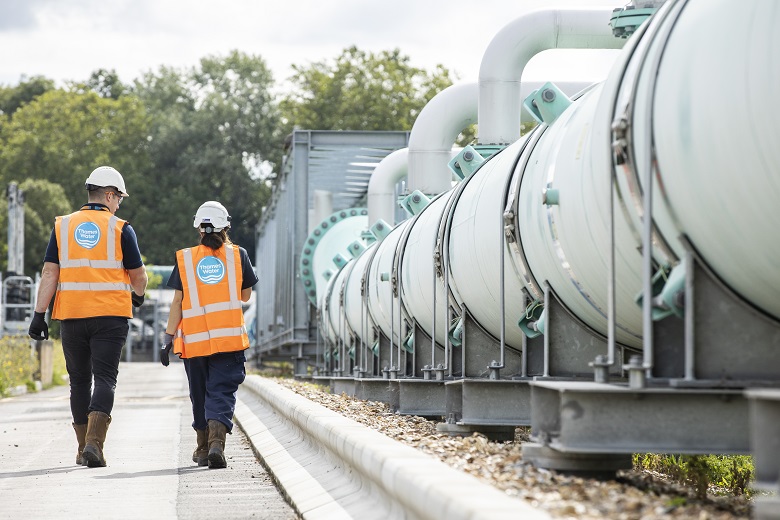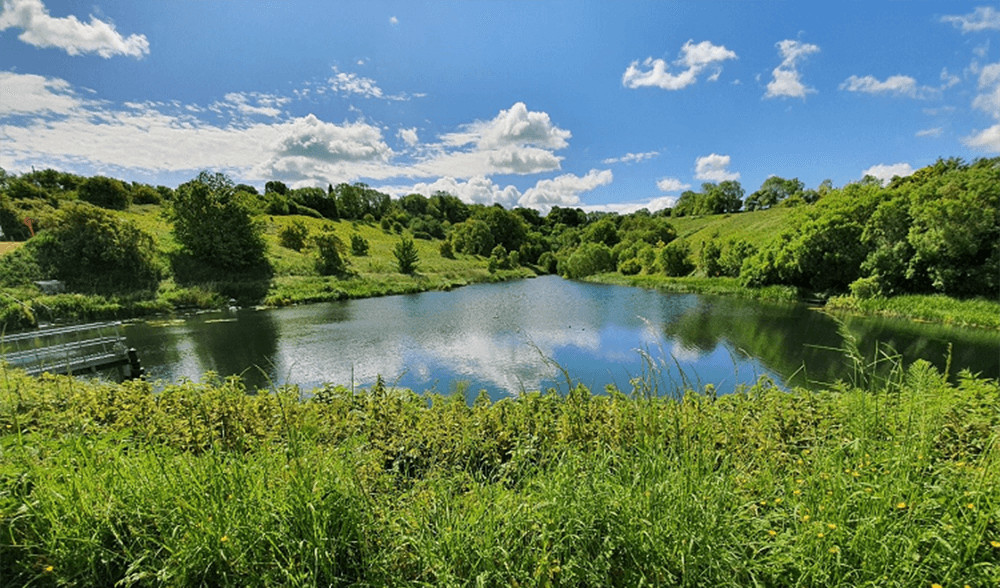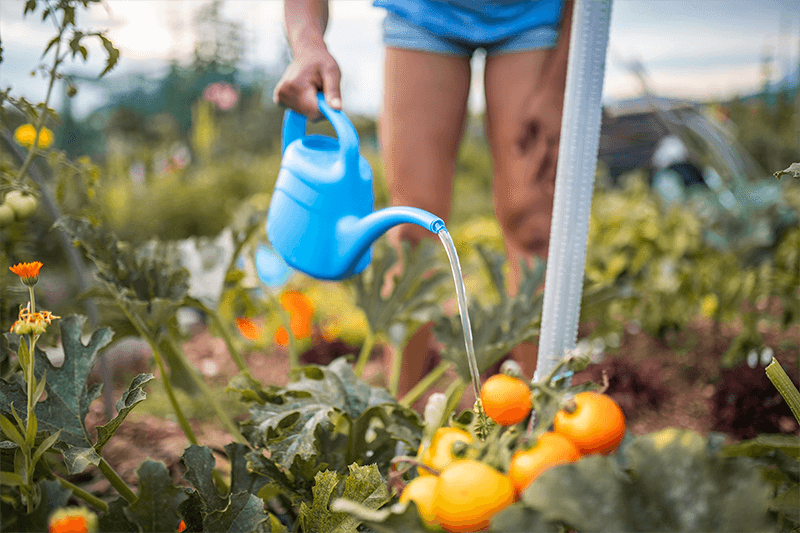Water supply and drought update
End of hosepipe ban
The temporary restriction on water use was introduced in July. This was to help protect our rivers and make sure there's enough water to go round after prolonged dry weather.
We’re pleased to announce that the hosepipe ban has been lifted with immediate effect. Your continued careful use of water has helped make a real difference.
Following the above average rainfall we’ve seen since October, our storage position has recovered well. Farmoor reservoir is now nearly full and the aquifers in the Cotswold region are at normal levels for the time of year. This means the risk of drought has now greatly reduced.
Nevil Muncaster, Strategic Water Resources Director at Thames Water, said:
“We’d like to say a big thank you to our customers for their support in helping to protect water supplies over the past few months.
The rain over the last few weeks has helped restore groundwater levels in the region, which were still recovering after a record-breaking summer, allows us to now lift usage restrictions.
We’re encouraging all our customers continue to use water wisely over the winter months so water resources in our region continue to recharge ready for spring and summer next year.”

Legal notice
Legal notice of the end of the hosepipe ban.

Where our water comes from
Find out more about our reservoir and rainfall levels.

What you can do to help
Even small changes can make a difference.
What we're doing
We’re playing our part to reduce leakage across our network by fixing 650 leaks every week. We’re also targeting hot spot areas and rolling out smart meters. This will help us locate leaks in customers’ pipes.
Currently, we’ve installed over one million smart meters. They are critical in helping us to locate leaks at our customers' homes. We’ll continue to roll out smart water meters to households in our area.
We’re planning on installing or upgrading a further c.1,200,000 smart meters to homes and businesses by 2030. We’ve installed almost 40,000 acoustic loggers on our water network. They help detect leaks and expect to have 100,000 in place by mid-2027.
To fix leaks faster, we’ve increased the leakage teams in our region. We'll also be replacing 500km of water mains over the next five years to reduce leakage.